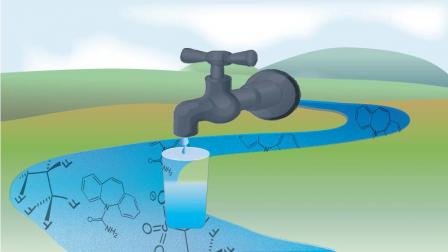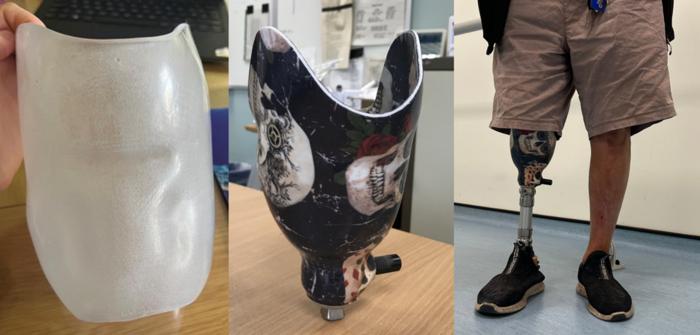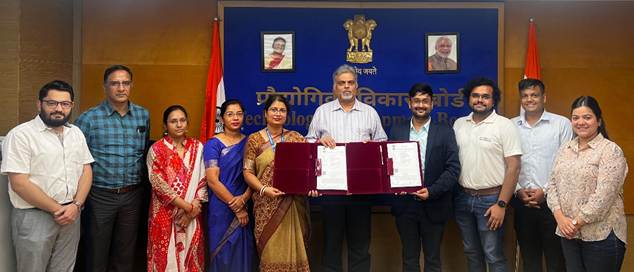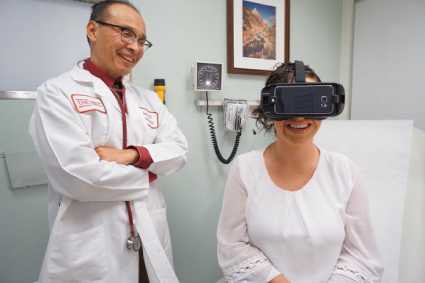A new study shows that safe drinking water in refugee camps can be increased dramatically by using a machine learning tool created by York University researchers. The tool, called the Safe Water Optimization Tool (SWOT), is designed to fine-tune chlorine levels in camp water supplies. According to lead author Syed Imran Ali, the study demonstrates that SWOT works far better than the standard guidelines currently used in humanitarian response.
“Our research found that the SWOT can deliver safe water at almost three times the rate of current practices,” said Ali, who directs the Humanitarian Water Engineering Lab at the Dahdaleh Institute for Global Health Research and is also an adjunct professor at York’s Lassonde School of Engineering. “With humanitarian work becoming harder and money tighter, evidence-based tools like SWOT are more important than ever.”
The study, published in BMJ Global Health, looked at water-quality data from the Kutupalong-Balukhali refugee settlement in Cox’s Bazar, Bangladesh, where the tool was in use. Results showed that households using SWOT guidelines had safe drinking water 90% of the time, compared to just 35% under the older universal guideline.
Researchers also found that to get the best results, water monitoring teams and treatment operators need to work closely together to set and adjust chlorine levels. “The challenge is making sure that water system operators have the right support so monitoring data and treatment practices can reinforce each other,” said Ali.
SWOT is a free, open-source online platform Ali began developing after working in South Sudan as a water and sanitation specialist with MSF. He and colleagues had noticed that the universal chlorination guidelines widely used in refugee camps were based on flawed assumptions.
To fix this, they designed SWOT to generate site-specific, evidence-based chlorine levels using only routine monitoring data. Since then, the tool has helped bring safe drinking water to more than 700,000 people worldwide.
Recent projects include partnerships in Yemen and Gaza, where operating conditions are extremely difficult, and in Uganda, where Ali witnessed the impact of major U.S. funding cuts to humanitarian aid. He says the results underline just how valuable SWOT can be in ensuring reliable access to safe water under some of the toughest circumstances on earth.
- Press release from York University






